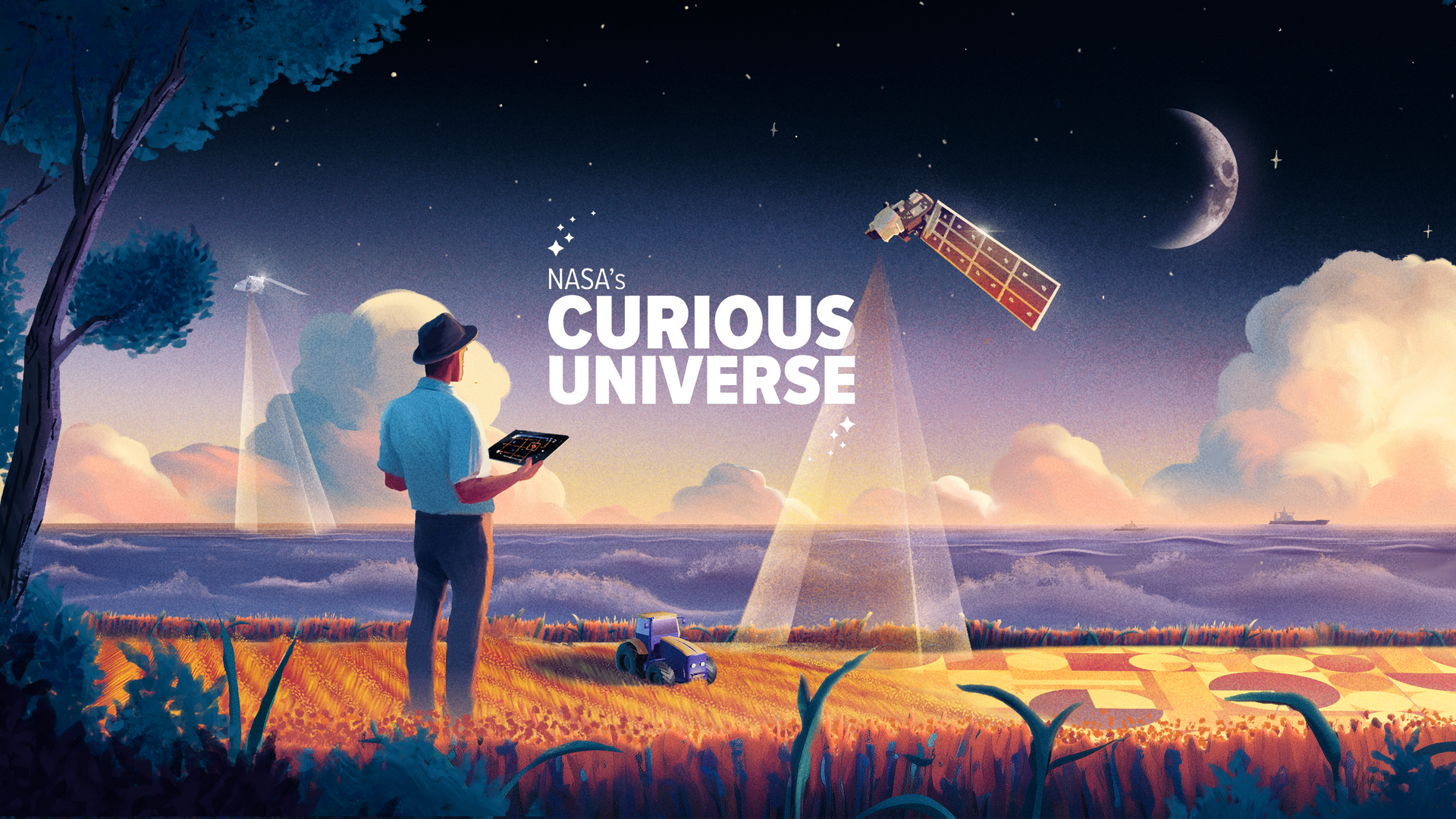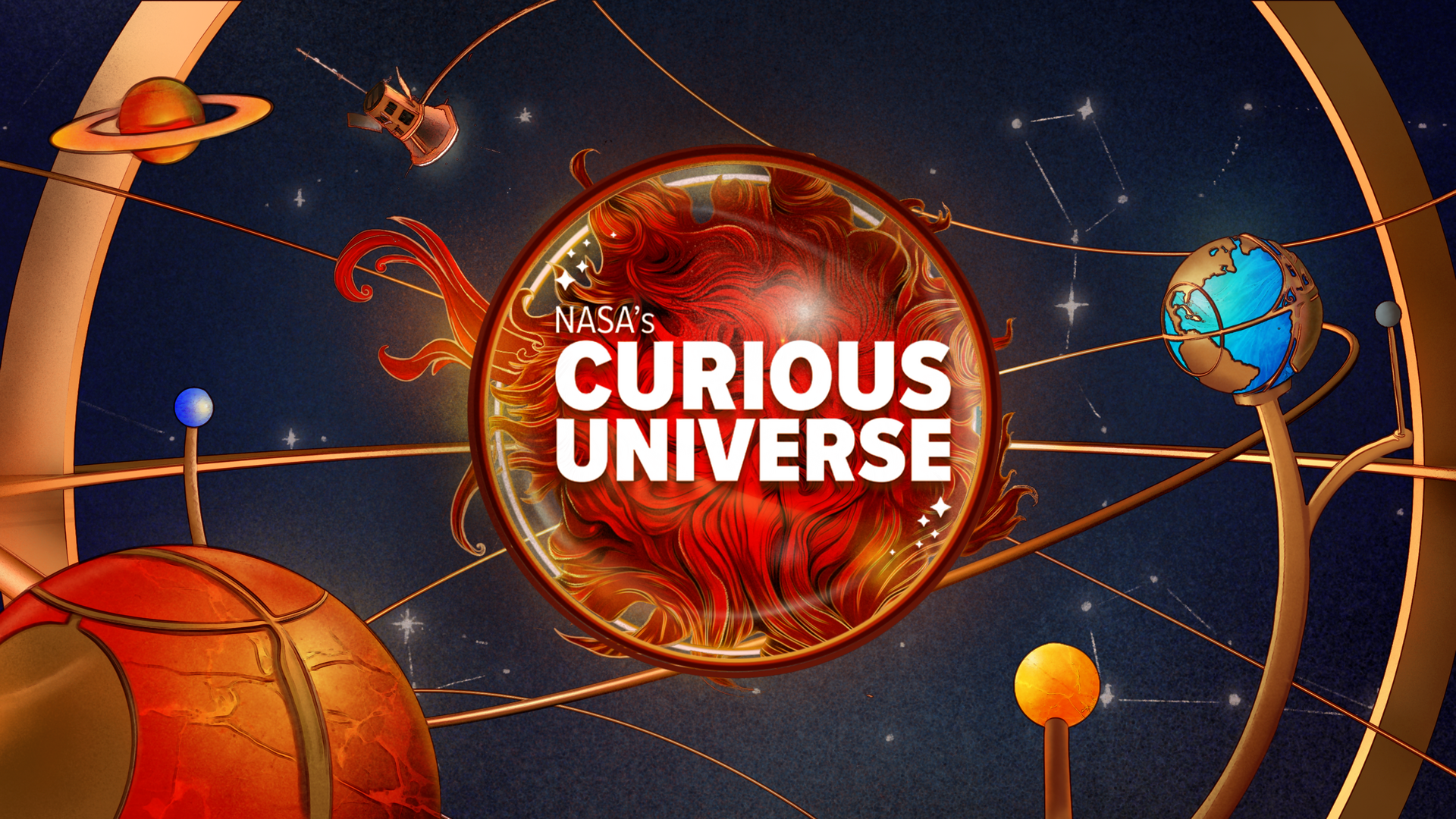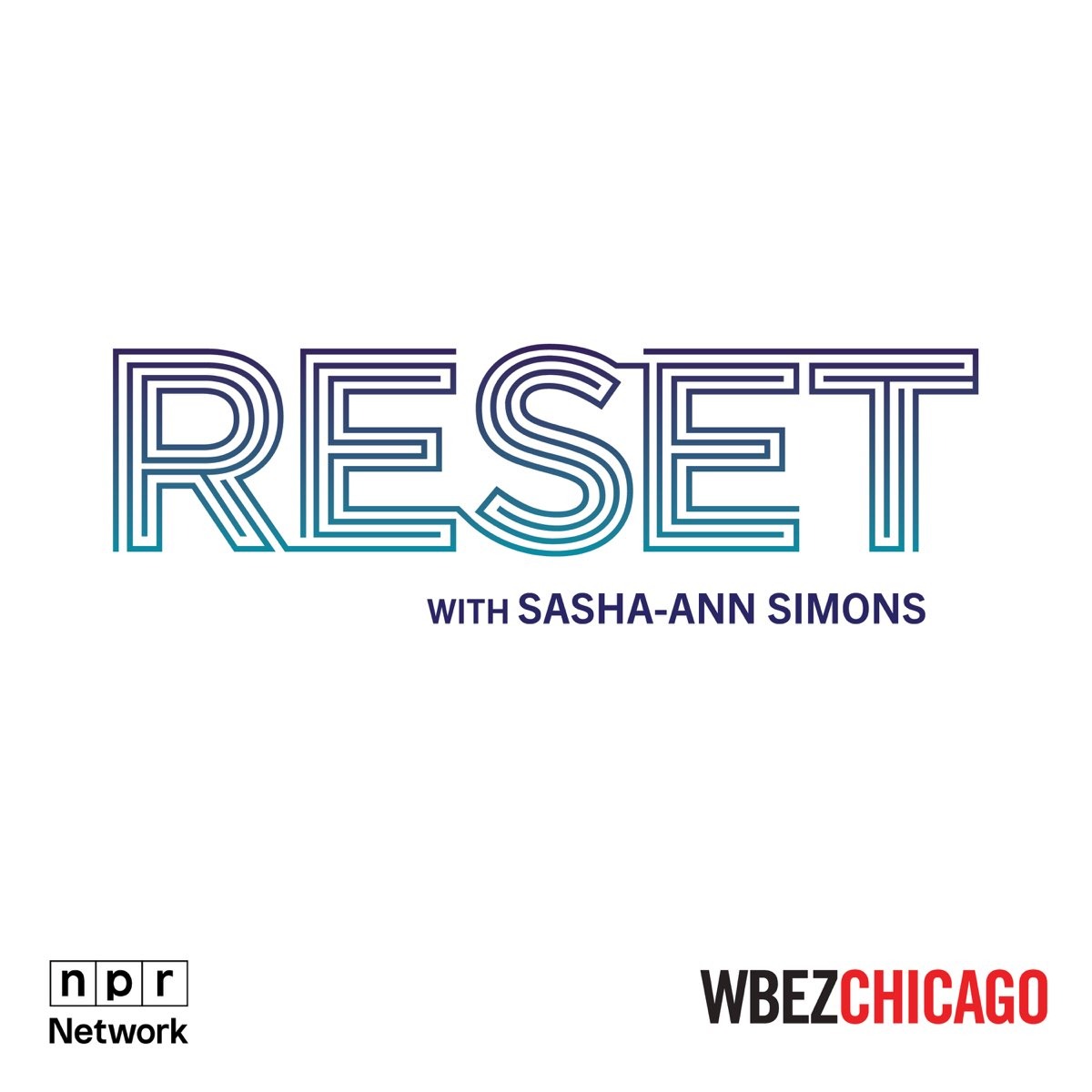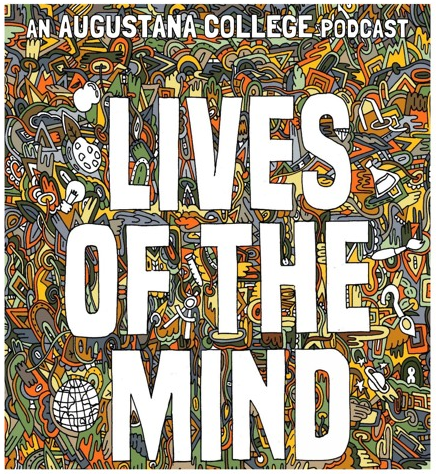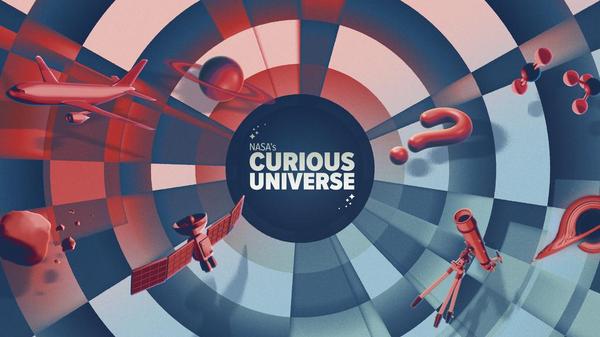

In my current role at NASA's Goddard Space Flight Center, I write for and produce the agency's flagship podcast, Curious Universe—a scripted, narrative show that brings you mind-blowing science and space adventures you won’t find anywhere else. All you need to get started is a little curiosity.
NASA's Curious Universe has a monthly release cadence (with the occasional extra episode here and there). We also release special, multi-part themed miniseries for major events and deep dives.

There’s one planet NASA studies more than any other: Earth. With our unique vantage point from space, NASA collects information about our home in ways nobody else can. In this podcast miniseries, celebrate our home planet by learning how NASA studies Earth—including unique views of ocean color and sea level, land data that helps farmers improve crop production, and researching our atmosphere from the air we breathe to layers high above us that protect every living thing on the planet.

Meet the Sun. Even if you think you know our star, our new miniseries from NASA’s Curious Universe will show you why Sun science is heating up in 2024—and why NASA experts have so much more to discover. Get ready for the hair-raising experience of a total solar eclipse, and learn how anyone can pitch in through citizen science. See the vibrant and sometimes chaotic close-up details of the Sun, and hear how NASA keeps astronauts and spacecraft safe from solar outbursts. And go inside a pioneering mission to touch the Sun’s atmosphere and investigate some of its biggest unanswered questions. Our Sun and eclipse-focused miniseries , which I lead-produced, won gold in the 2024 Signal Awards.

"Special Delivery from Outer Space," an episode about the OSIRIS-REx asteroid sample return mission that I traveled to the Utah desert to report, won honorable mention in the 2024 National Association of Science Writers Best Institutional Writing awards in the longform category.
"Suiting up for Space," an episode about NASA's next-generation spacesuit technology, won two Webby Awards in 2023 in the best science podcast, individual episode category (Judge's Selection and People's Choice).

As a production intern for WBEZ Chicago's live daily news talk show, Reset, I covered science and environmental stories in Chicago and throughout Illinois. Here are a selection of segments I pitched, scripted and produced.

As a U.S.-based freelance foreign correspondent for Germany's public broadcaster, Deutsche Welle, I've reported on environmental stories from my home country of international interest.

Lives of the Mind was my first foray into journalism. It was a student-run podcast at Augustana College in Rock Island, Illinois produced in cooperation with WVIK, Quad Cities NPR.
The show was dedicated to closing the gap between academia and society by telling the human stories behind academic research through interviews with professors and visiting scholars from various disciplines. I was the podcast’s main producer and host from 2018-2020. The podcast's website no longer exist, but here's a permanent archive of some of my favorite episodes.
COVID-19 Reflections – Augustana President Steve Bahls
In this episode, student host and LoM Producer Christian Elliott sits down with Augustana College President Steve Bahls in WVIK’s (emptier than usual) studio to talk about the school’s response to COVID-19.
The Future of the Free Press – Dame Frances Cairncross
In this episode, student host Christian Elliott sits down with Dame Frances Cairncross, former columnist for The Guardian, senior editor at The Economist, and head of Exeter College at Oxford University. In the episode, Cairncross discusses her long career and the recent review of high quality journalism she produced for the British government in February of 2019, the Cairncross Report.
Reclaiming ‘Faitheism’ – Chris Stedman
In this episode, student hosts Christian Elliott and Mikaylo Kelly sit down with Chris Stedman at the studios of WVIK as a part of his visit to Augustana’s campus for Symposium Day this month. Chris Stedman is an atheist and humanist community organizer, interfaith activist, and writer living in Minneapolis, Minnesota. He is the author of Faitheist: How an Atheist Found Common Ground with the Religious.
Chasing Epidemics – Dr. Amanda Tiffany
In this episode, student hosts Christian Elliott and Ethan Conley-Keck talk with Dr. Amanda Tiffany (’04) as part of a new series on Augustana College alumni! An Augie alumna, Dr. Tiffany has worked all over the world, from investigating HIV/AIDS in the Democratic Republic of Congo with the CDC to conducting Ebola surveillance for Doctors Without Borders in Guinea, Liberia, and Sierra Leone.
The Cultural Geography of Gardens – Dr. Christopher Strunk
In this episode, student host Christian Elliott sits down with Dr. Christopher Strunk, an associate Professor of Geography at Augustana College. In the episode, Dr. Strunk discusses his graduate school research on Bolivian refugee incorporation in Washington D.C. and more recent work with refugee community gardeners in Rock Island, Illinois.
From FYI to Foreign Service – Melinda Pavek
In this episode, student hosts Christian Elliott and Charlie Nawara sit down with Augustana alumna Melinda Pavek (’92) at the studios of WVIK, Quad Cities NPR. Since graduating, Melinda has worked in U.S. embassies across the world with the U.S. Department of State. Currently, she’s the Director of Science, Innovation, and Development at the U.S. Embassy in Tokyo, Japan. The episode covers the value of a liberal arts education, the nature of U.S.-Japan relations, and why it’s okay if you don’t pass your exams on the first try!
Leisure and Death – Dr. Adam Kaul
In this episode, student hosts Christian Elliott and Maura Karr interview Dr. Adam Kaul, an associate Professor of Anthropology at Augustana College. In the episode, Dr. Kaul delves into the collaborative work on his newest publication: Leisure and Death. Exploring the way dark tourism has evolved, specifically in Ireland at the Cliffs of Moher, Kaul analyzes how the intersection of leisure activities and death has shaped the surrounding area and even his own ideas about dying.
Water and Environmental Justice in Louisiana – Bonus Episode
Augustana College recently made the switch from trimesters to semesters. This January was the school’s first crack at intensive J-Term courses, many of which included trips throughout the country and abroad. In this special bonus episode, we go behind the scenes of one of the College’s new J-Term experiences–a Geography course called Water and Environmental Justice focused on the Louisiana Gulf Coast region of the United States and led by Augustana Associate Professor of Geography Dr. Christopher Strunk. The course begins and ends with an on-campus component, with a seven day trip to Louisiana as its centerpiece. In the middle of January, 2020, 15 Augustana students traveled from snowy western Illinois throughout warm Louisiana, including stops in Baton Rouge, Lafayette, and New Orleans. Along the way they learned about the impact of coastal land loss, pollution, and environmental hazards, as well as efforts to build more sustainable and socially just communities.
Students in the course recorded interviews with experts from research organizations and community advocacy groups along the way, focusing on a variety of topics like coastal land loss, “Cancer Alley,” and Cajun culture, which were edited together to create this bonus episode. We hope you enjoy it!
This episode was edited and produced by Christian Elliott. The voice-over was written and recorded by Thea Gonzalez. Special thanks to Dr. Christopher Strunk, Hunter Ridley, and all the students involved in the project.

